Horror in Cape Verdean Islands
Not everything can be predicted...
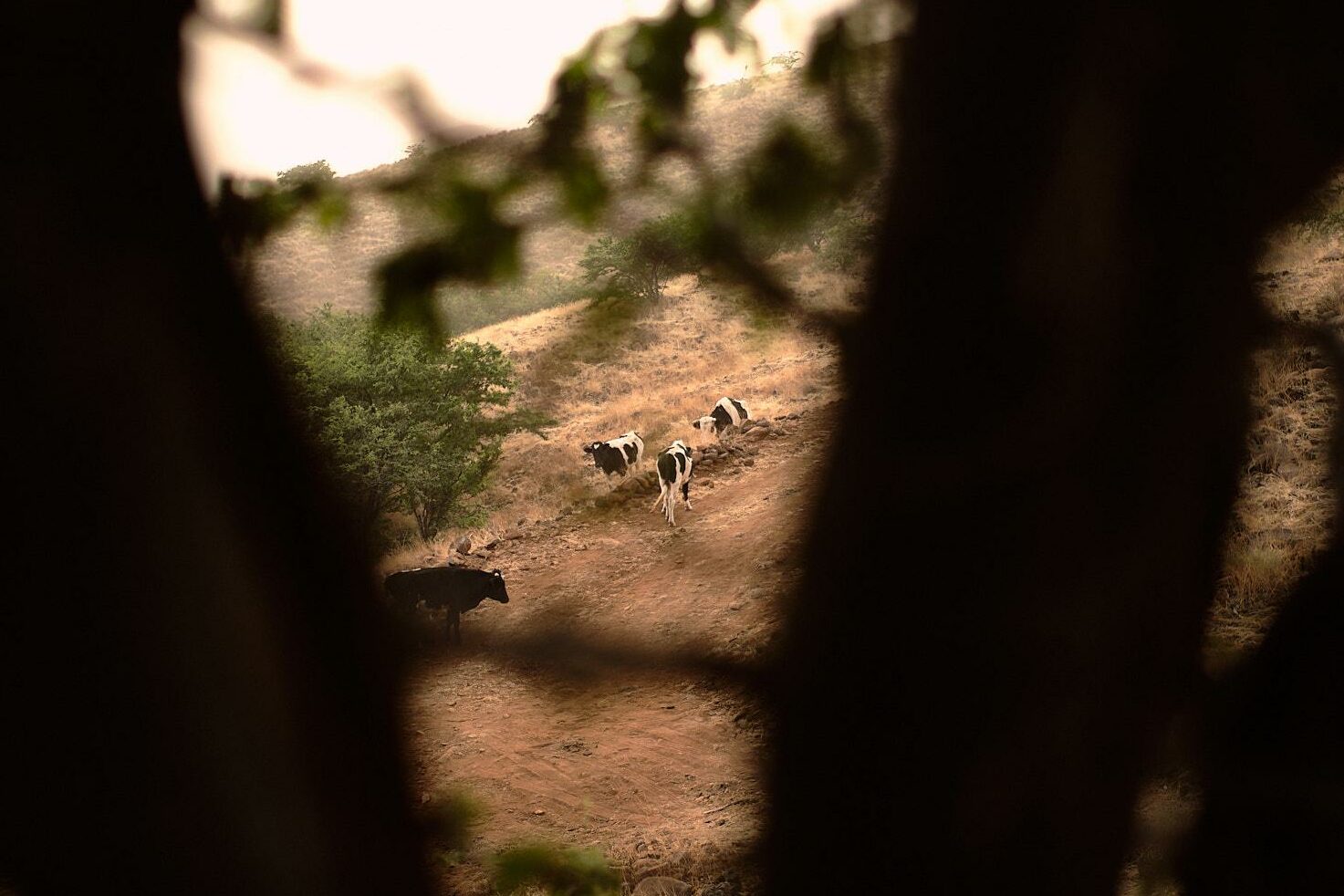
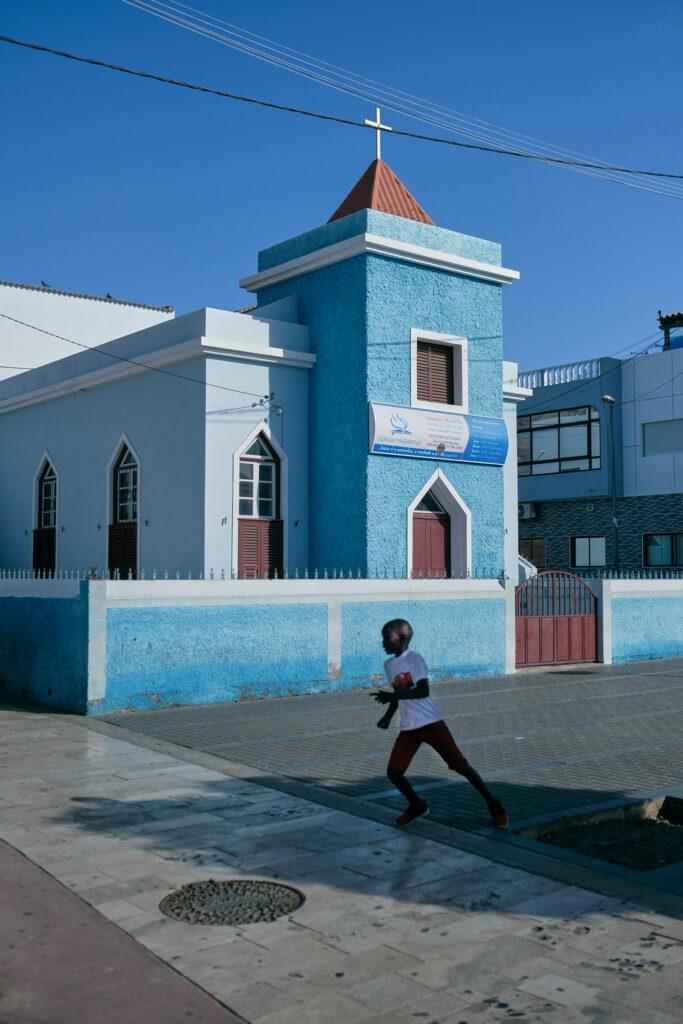
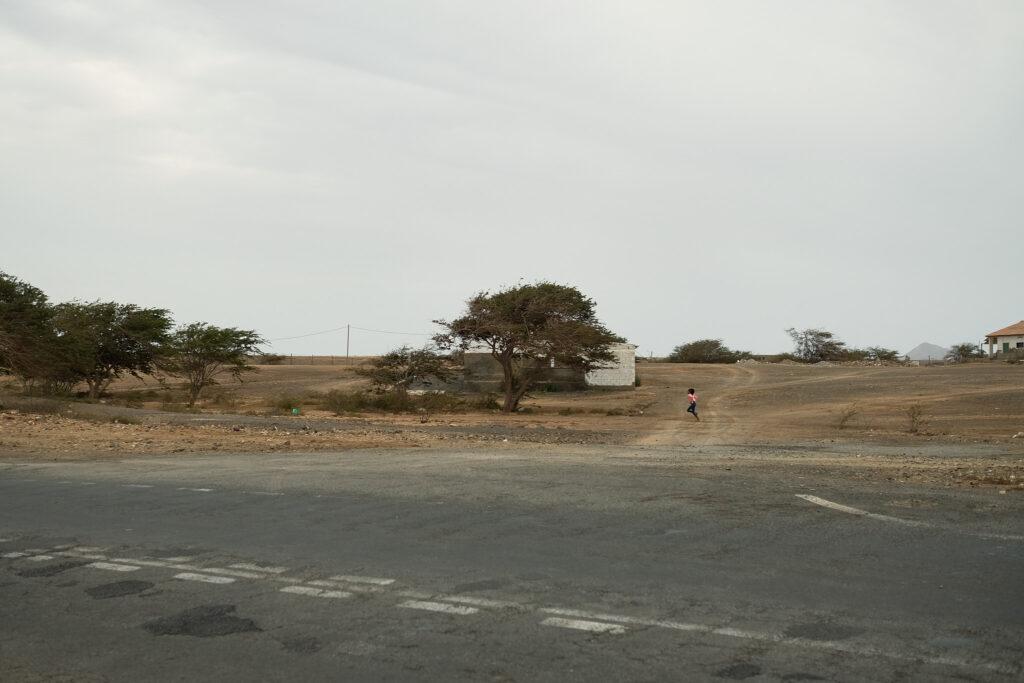
Sal, which is one of the islands of Cape Verde, is extremely windy - only in the city, between buildings, could one hide from having your head blown off. There aren't many attractions on the island, so on the second day we headed towards the port from where we were supposed to sail to Santo Antao.
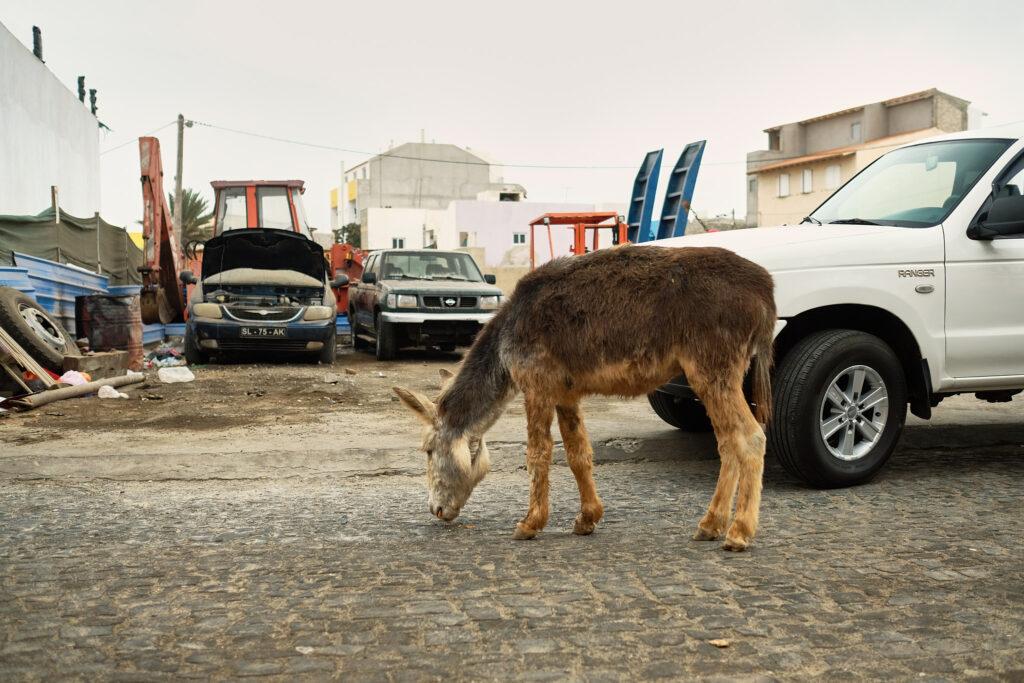
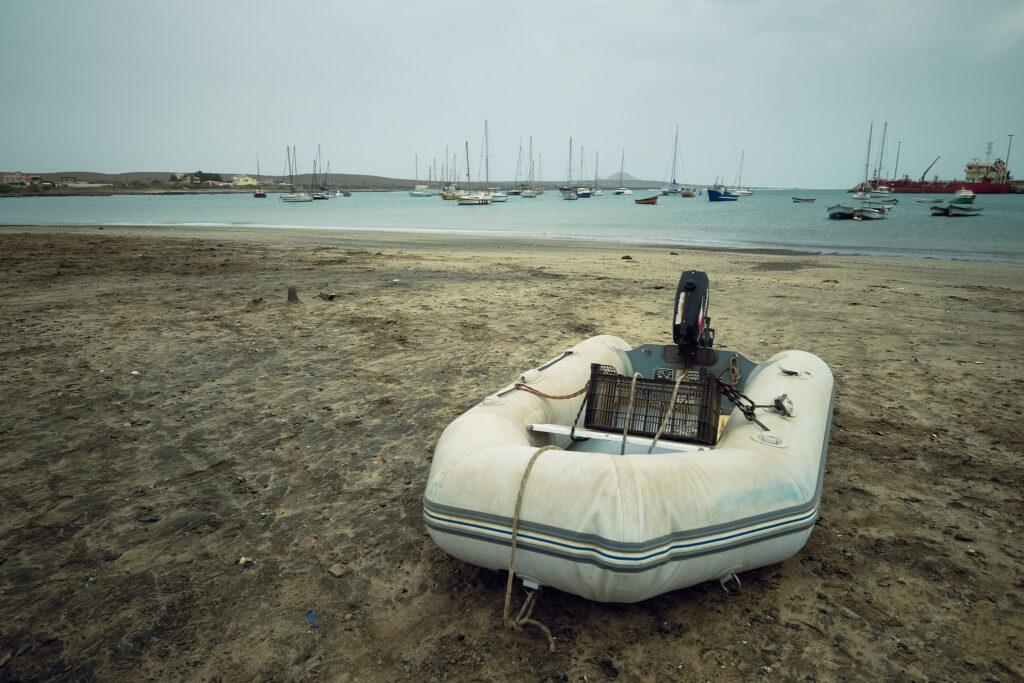
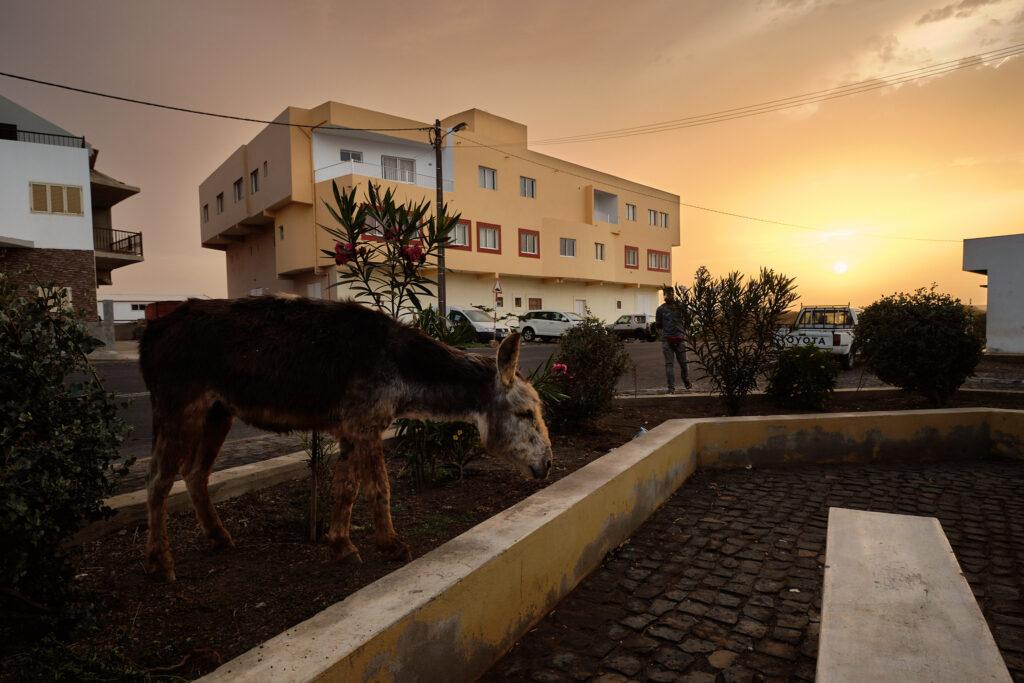
Interestingly, a stray donkey wandered around the port city.
The ship was supposed to sail away the next day, which forced us (me and my wife) to spend the day and night in the city. We looked at the yachts arriving and moving, as well as their owners resting in a nearby restaurant.
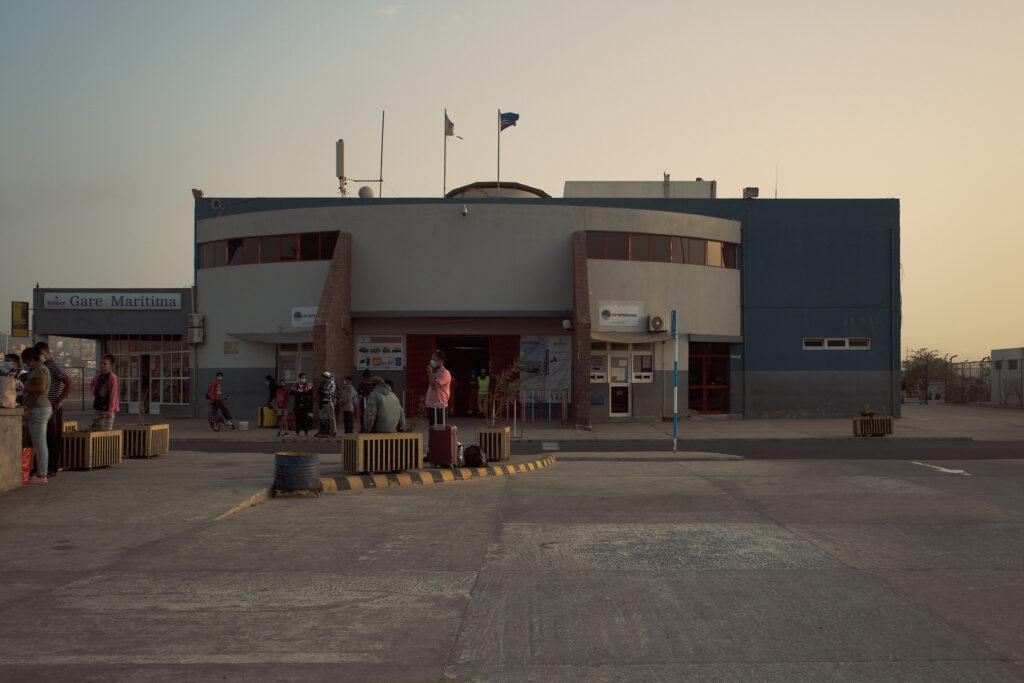
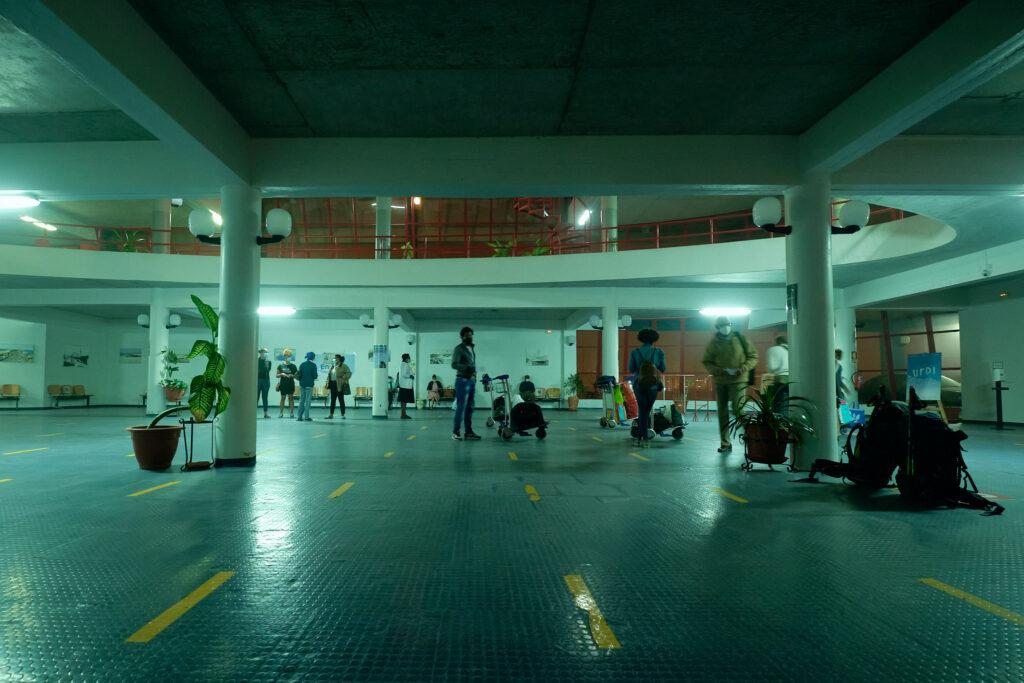
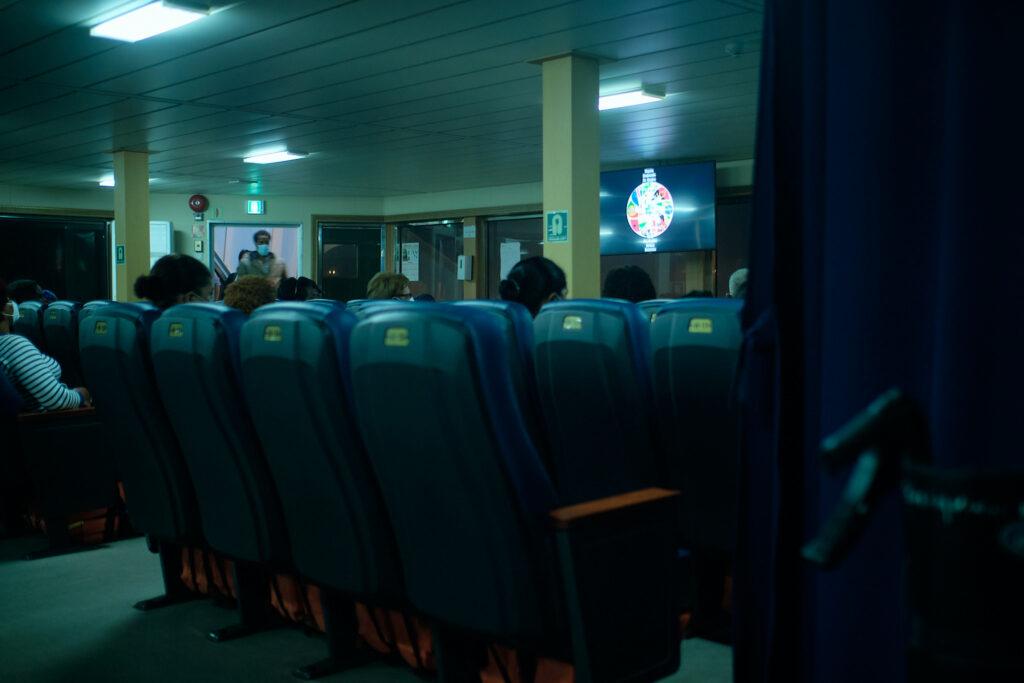
Putting your feet on land after a few hours of fighting your own body on a ship, amidst the sound and stench of vomit, turned out to be one of the top 10 feelings of recent years.
The next day we returned to the same port, waiting for another ship. Fortunately, it doesn't take much time to get to Santo Antao from Mindelo and the sea isn't too rough. Practically two hours of travel was "made better" by music videos of popular artists, usually relatively simple and incredibly boring.
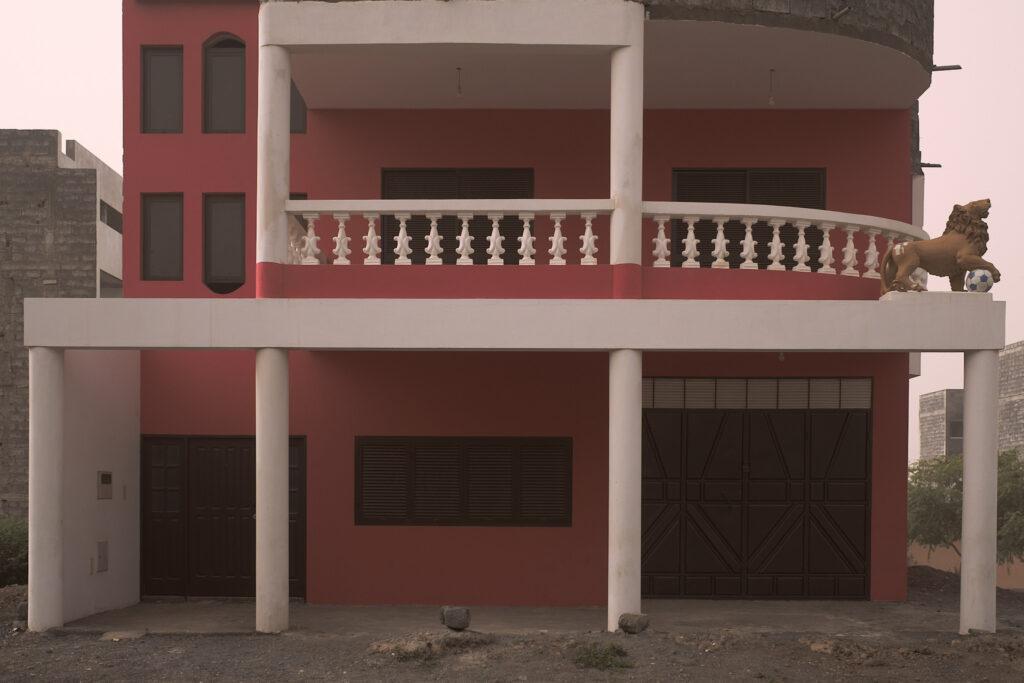
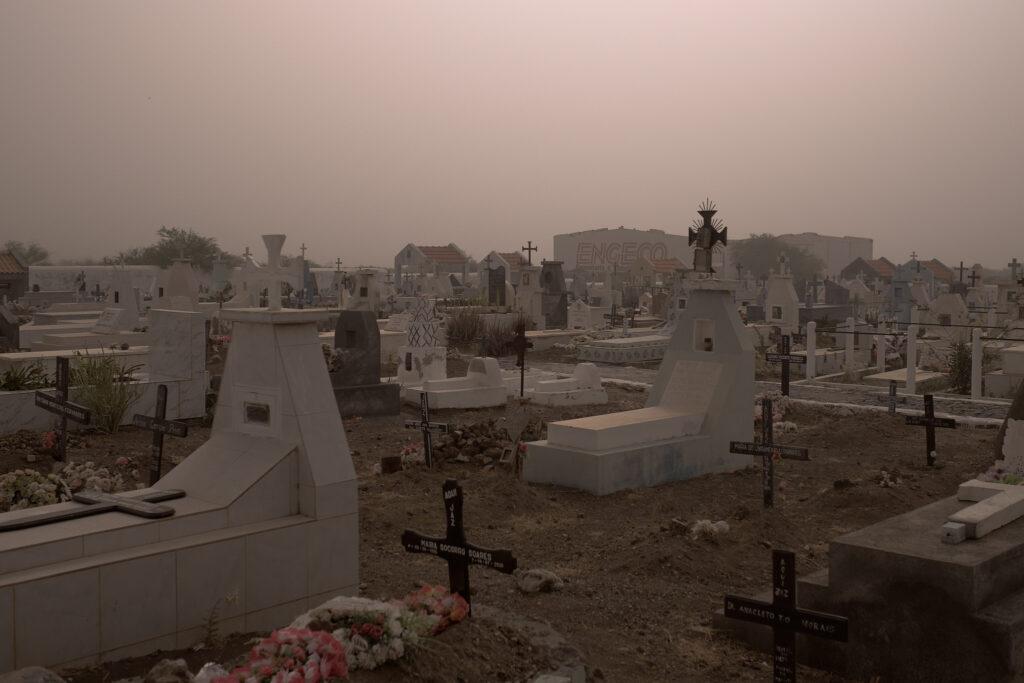
Some houses on Santo Antao clearly indicate the interests of the owners.
Cape Verde is overwhelmingly Catholic, so cemeteries were not much different from those in Poland.
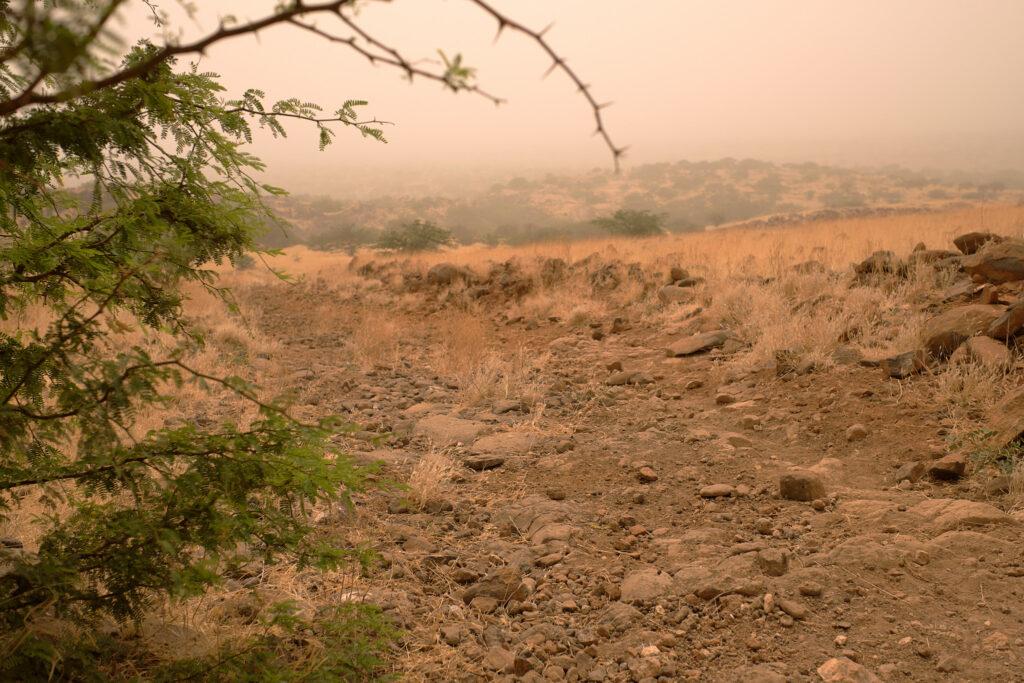
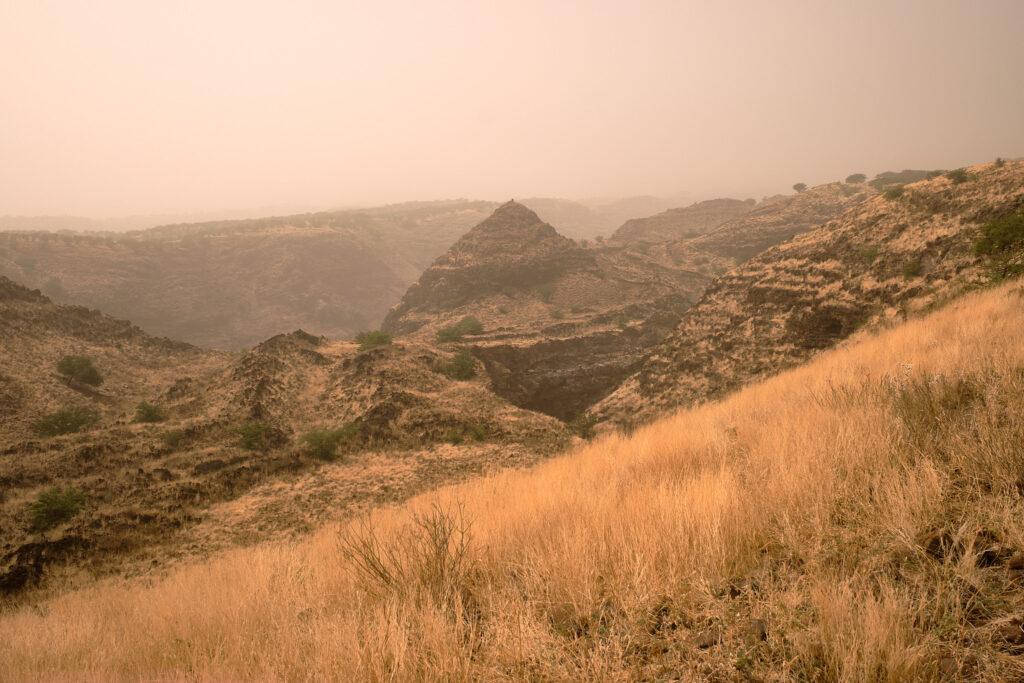
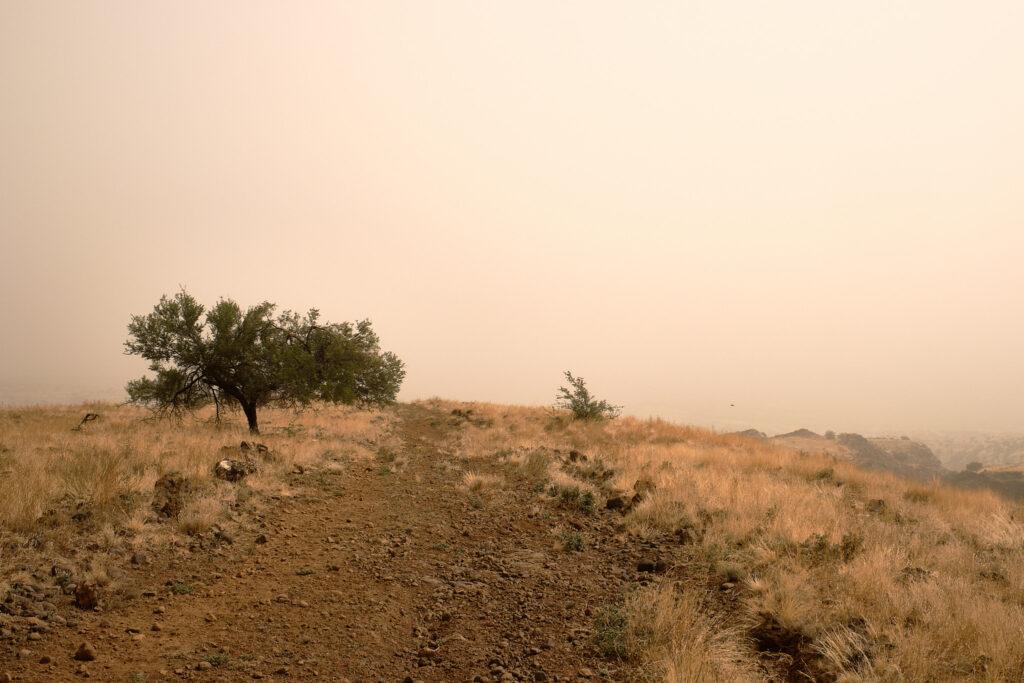
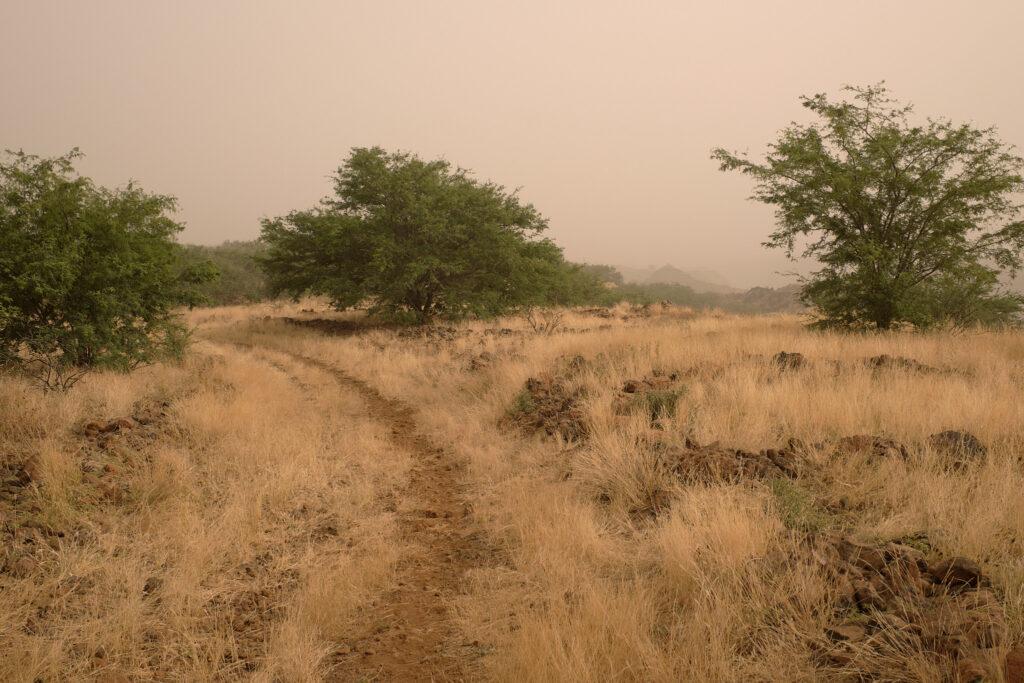
Our plan was to get to the other side of the island through the mountains. We hadn't yet realized how nightmarish a task it would turn out to be. The heat was unbearable, the sun was burning, and there was no living soul around. Our trek consisted mainly of fighting our own abilities, sneaking from tree to tree to relax for a while in their shadows. Each tree allowed you to hide and take a break despite the nightmarishly uncomfortable ground, consisting mainly of stones.
After some time we got the impression that the terrain has practically stopped changing. When we reached the top, an unpleasant surprise awaited us there. Hidden behind a tree, we waited for a herd of abandoned bulls to change its route. We were terrified because there were 10 bulls and they showed great interest in us, staring constantly. As soon as they disappeared around the corner, we immediately moved, reaching the next mountain top with the remnants of the strength we had.
Unfortunately, the bulls noticed our escape and started following us. We stood no chance against them, especially since the sun was already setting. Somehow we found the remains of a stone house. Here we barricaded with the tent moments before the total darkness.
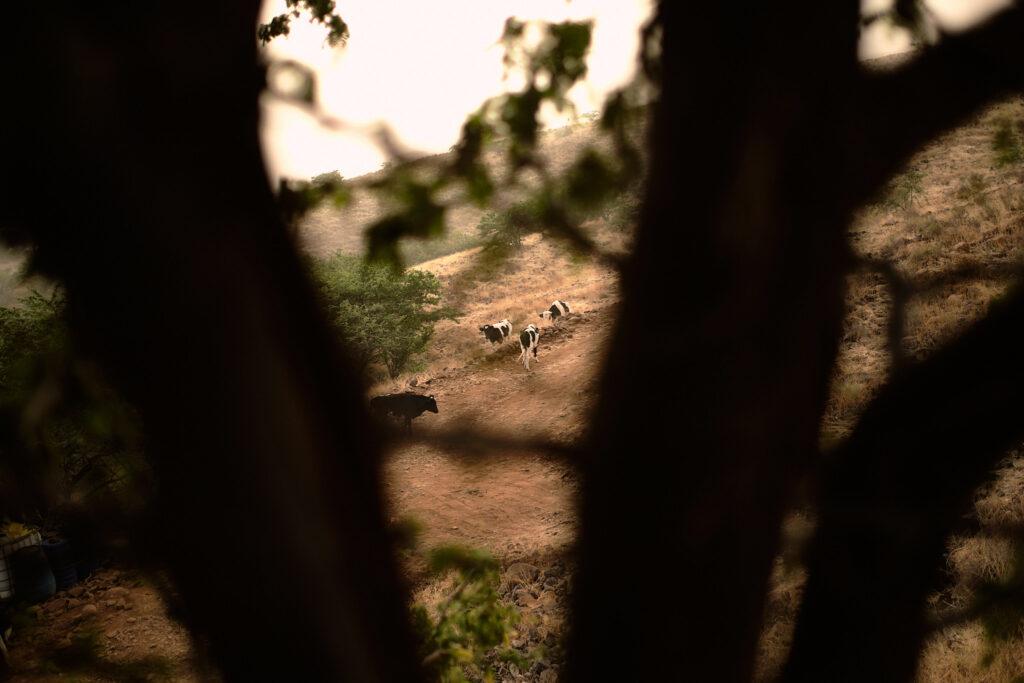
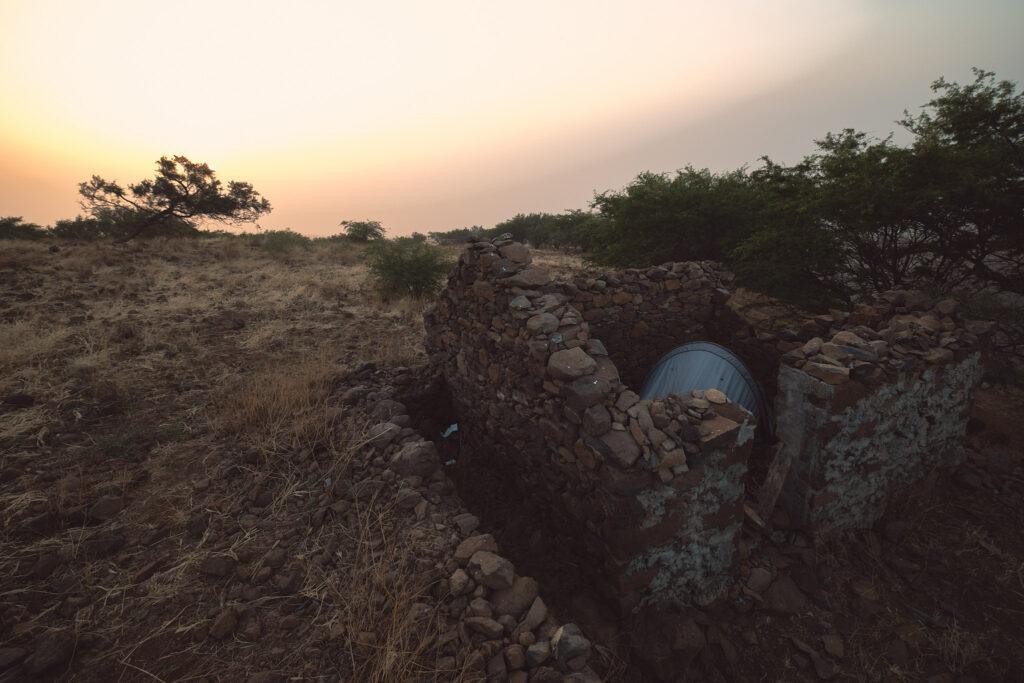
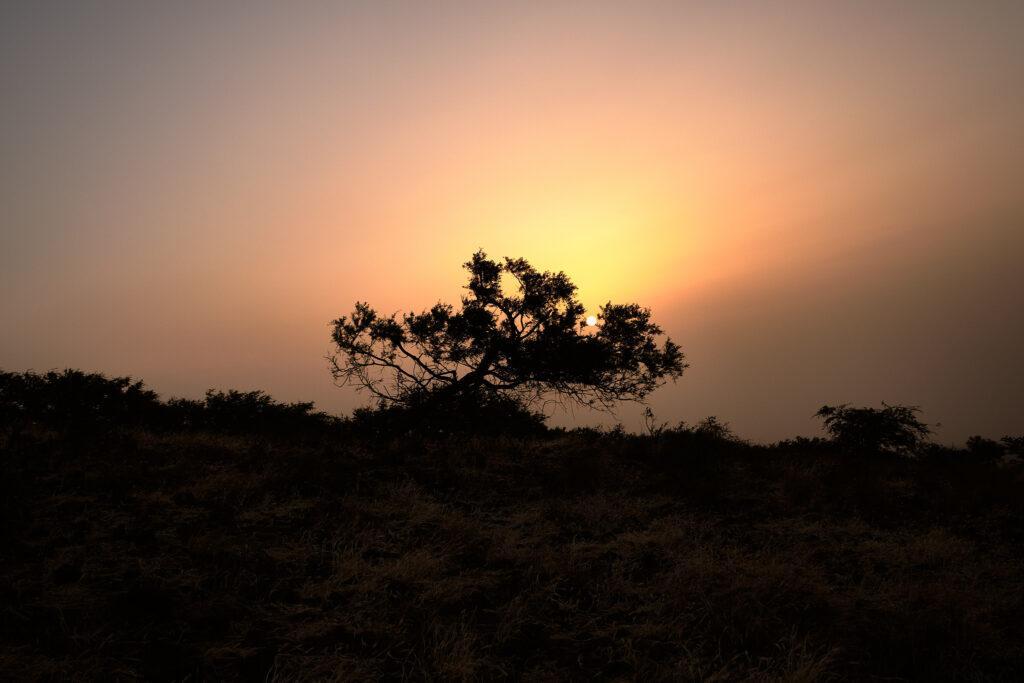
The sun went down, marking the end of a tiring day.
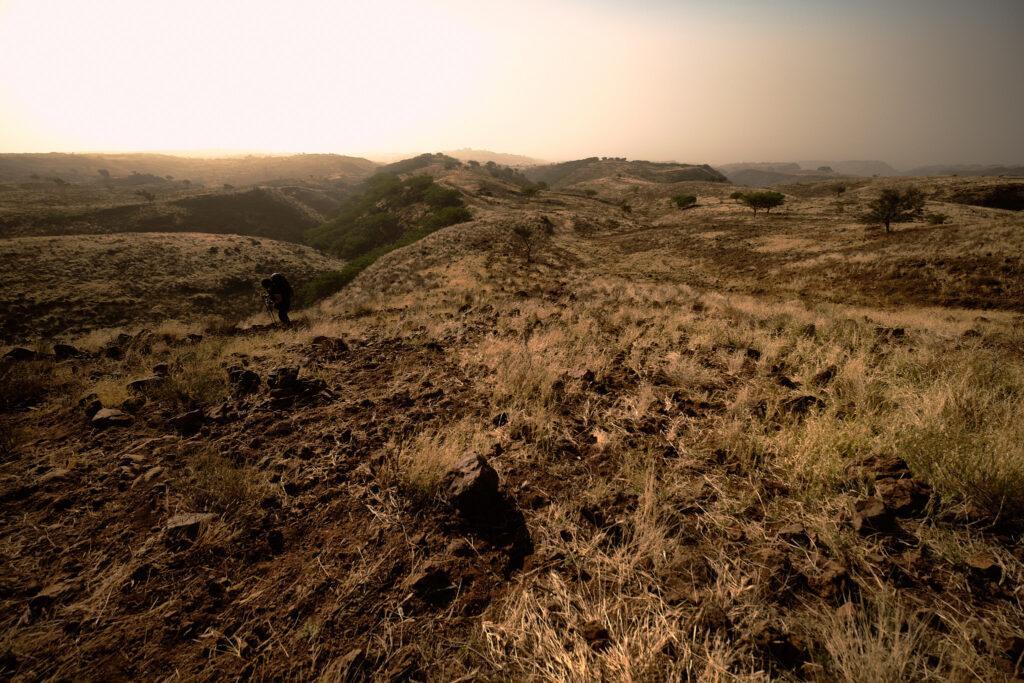
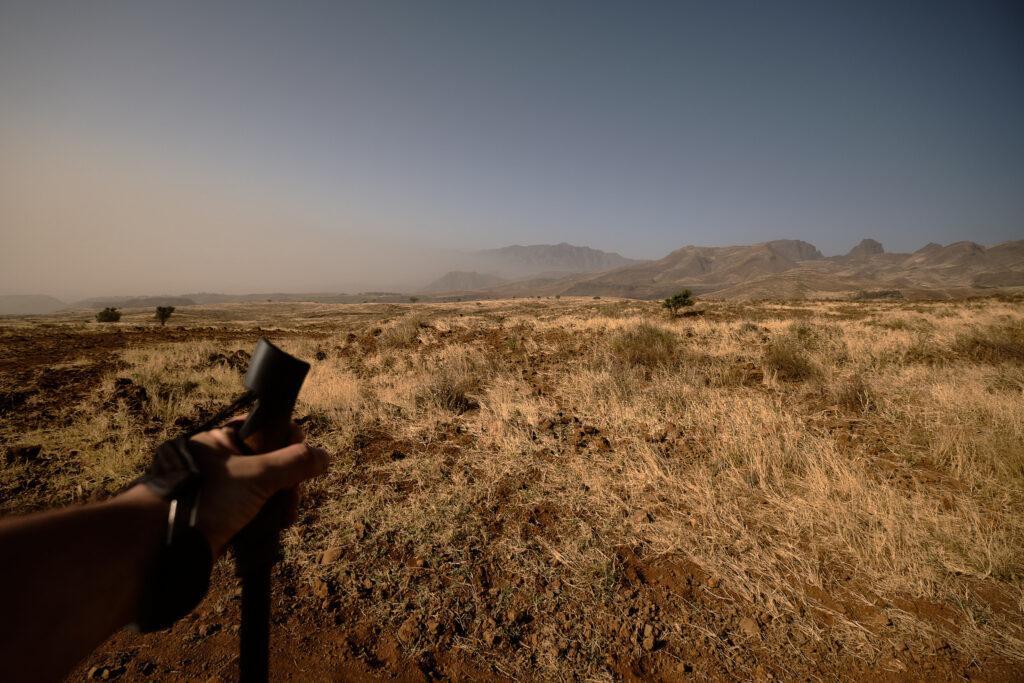
More strength, a new day, and the bulls are behind us, so we set off. As it turned out later, it only got worse. Looking back, it would seem that we walked quite a bit, although it was only a few kilometers uphill.
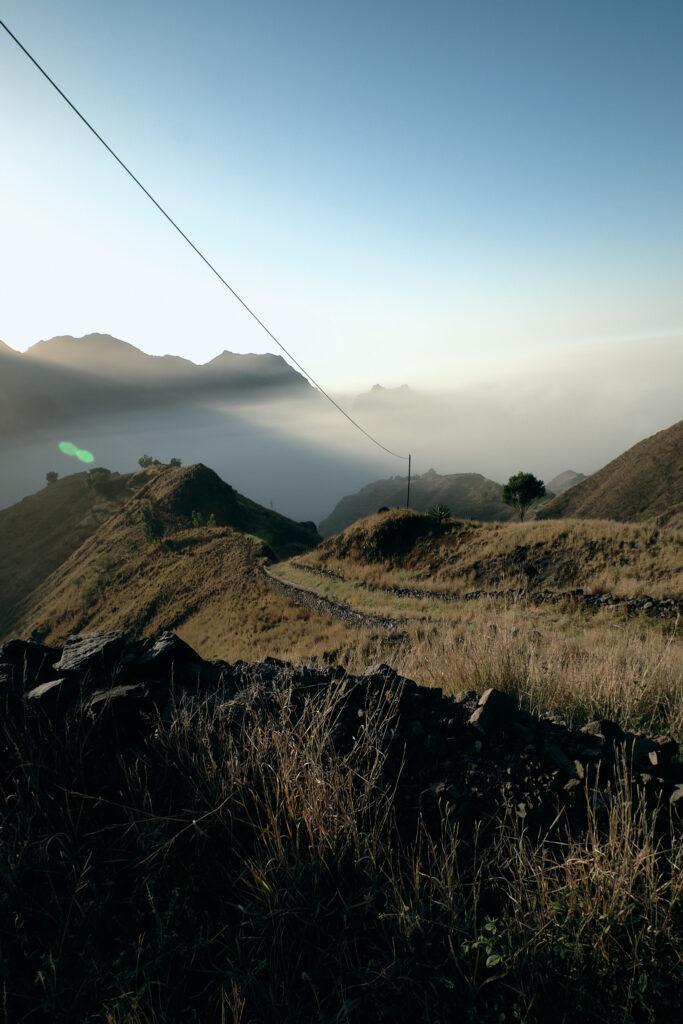
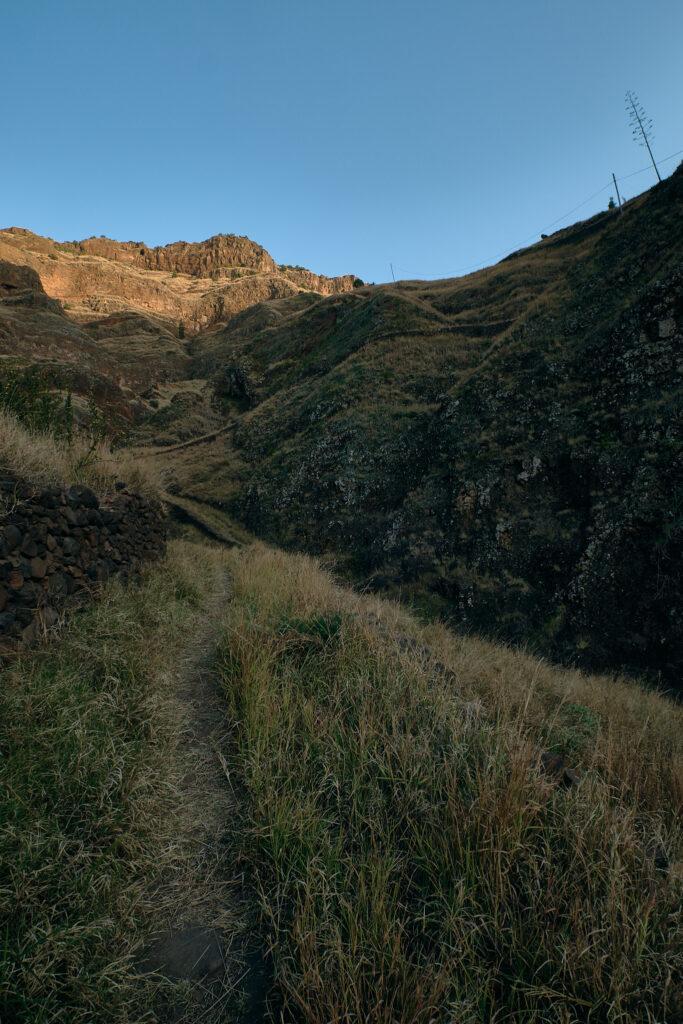
A few kilometers further, after descending from a very steep slope, with our legs pricked from dry plants, burned from the sun and sweaty from the hot wind, we reached another place and probably the worst part of the day.
The sun started setting and there was no room for wild camping around. The only way to stay overnight was to descend an incredibly steep hill with huge backpacks and the baggage of the whole tiring day.
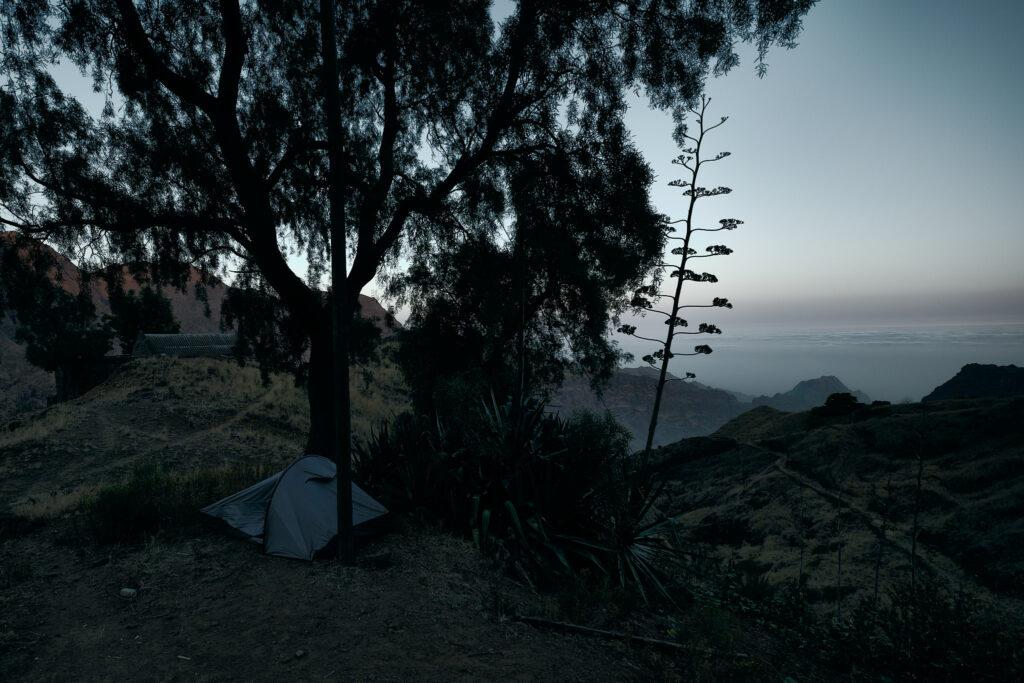
Looking at the road traveled, it wouldn't seem that bad, although in reality it was nightmarish with an abyss on one side and a vertical, stony wall on the other.
In the end, we stopped between two houses that belonged to farmers who didn't understand us. Worse, they couldn't read and write. Somehow, however, they understood our plan and wished us a good night.
One of them was blind on one eye and walked barefoot. At one point, he pointed to the village downstairs, picked up the face mask and covered his eyes with it, trying hard to explain something in Portuguese. It didn't make any sense, but it was quite scary, because the sun had set a long time ago and darkness reigned.
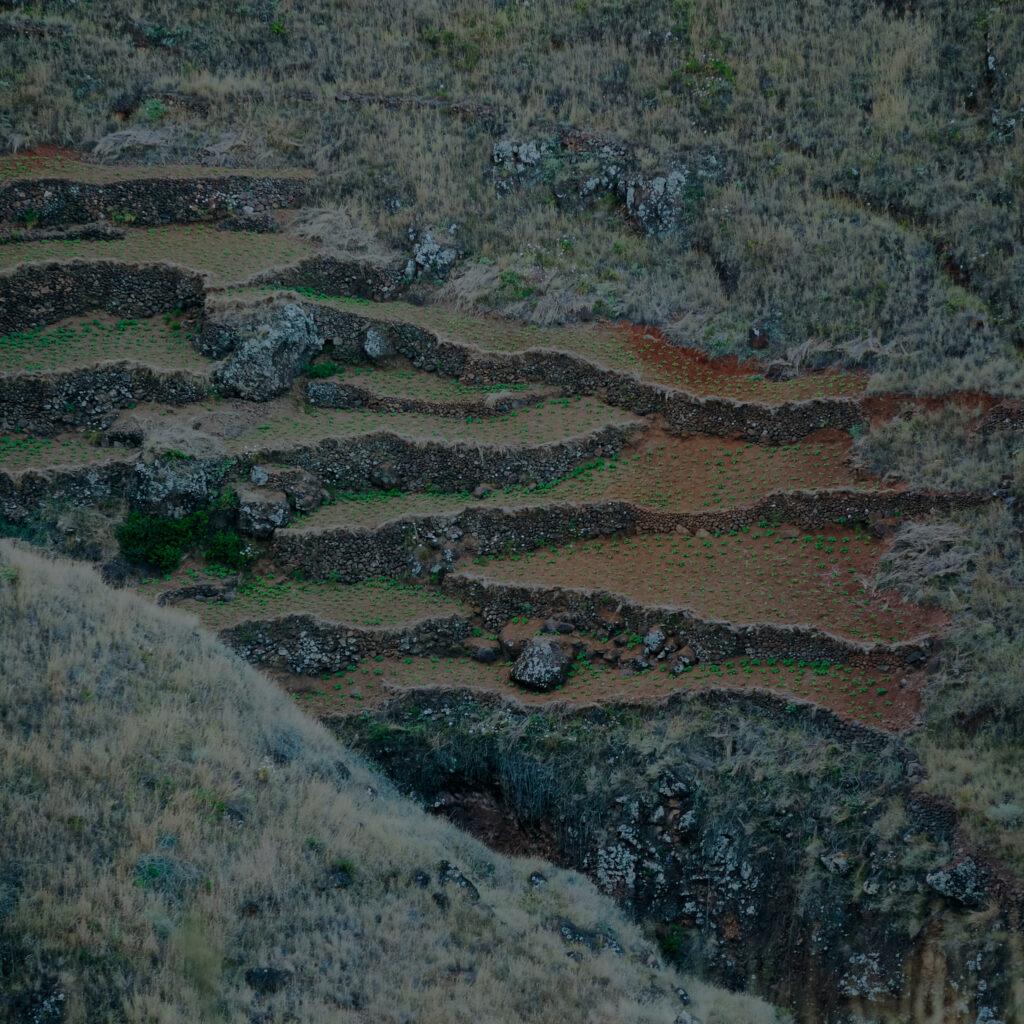
The slopes of the mountains are full of fields created for agriculture.
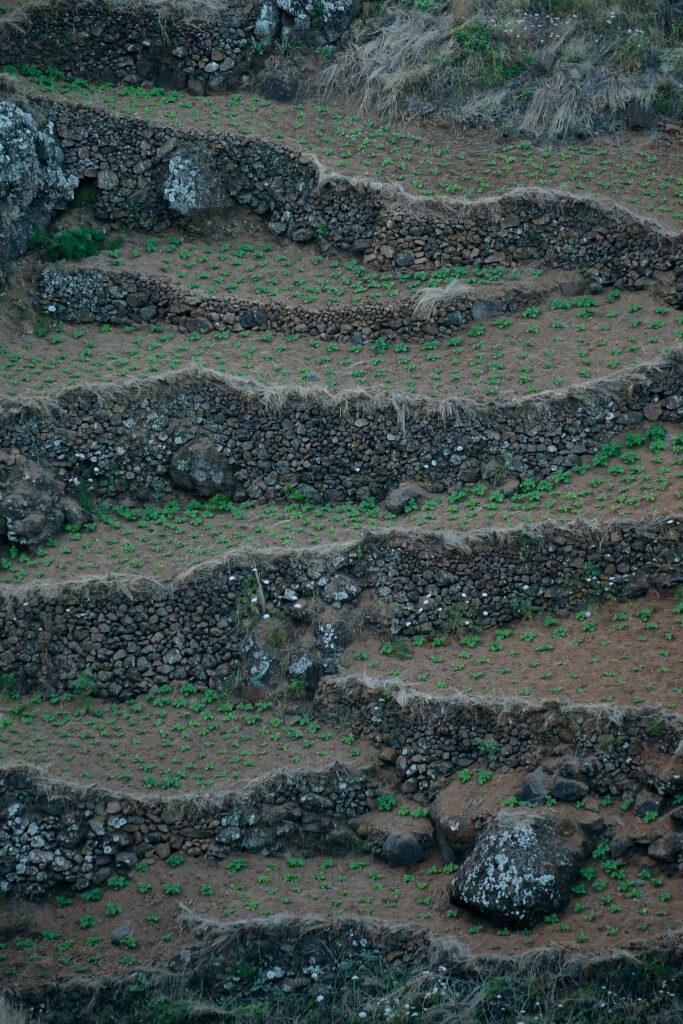
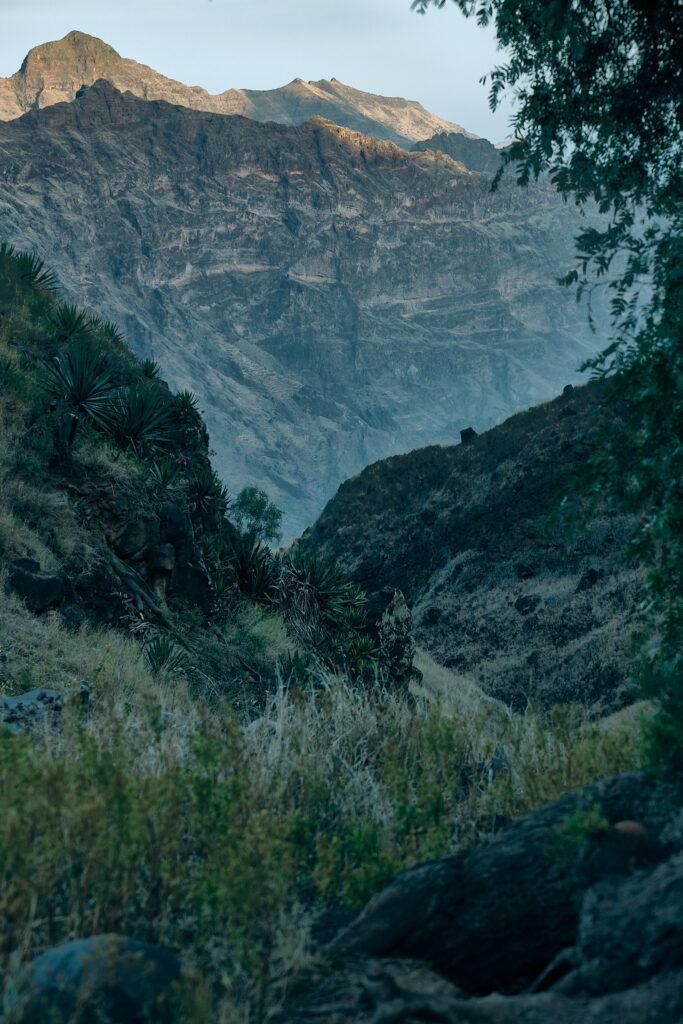
Getting ready to set off in the morning, the sun highlighted unusual scenes.
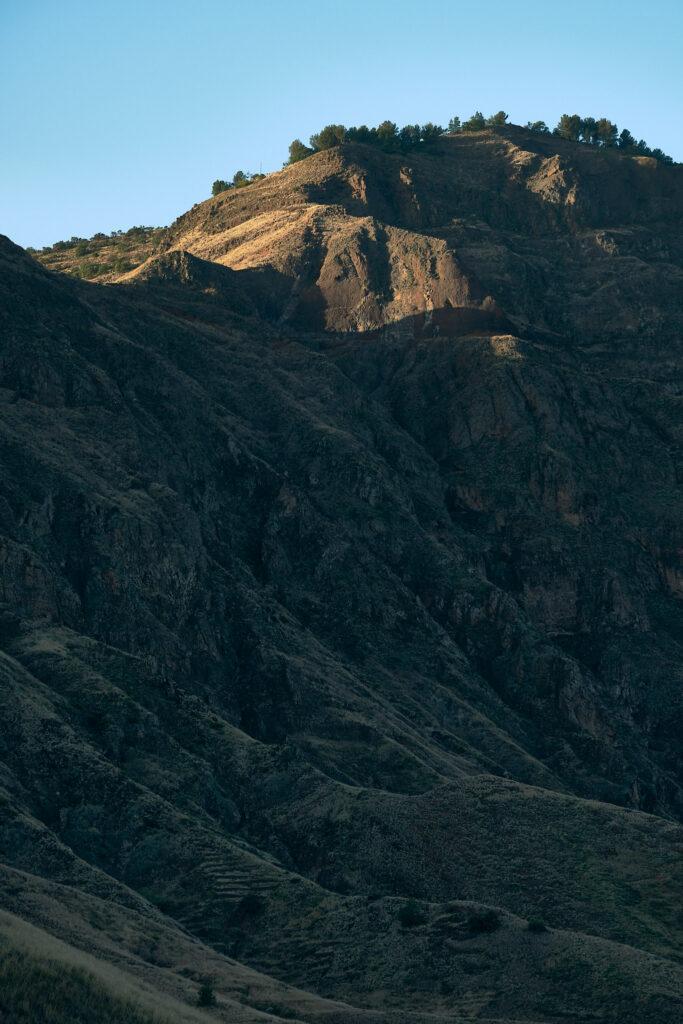
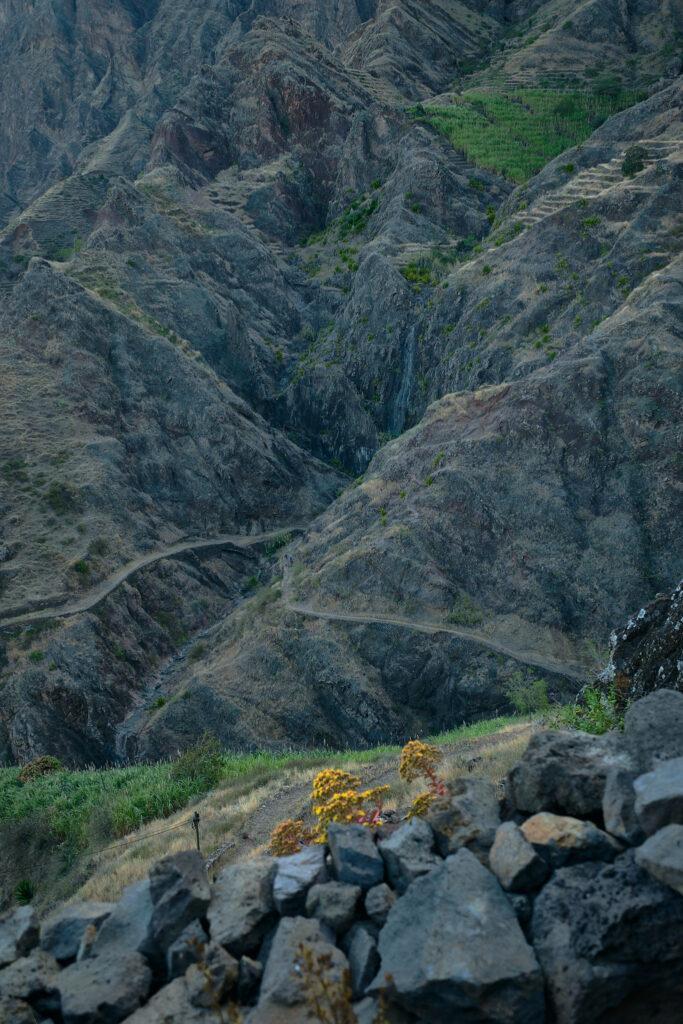
It was hard to imagine that the previous day we were at the top of this mountain.
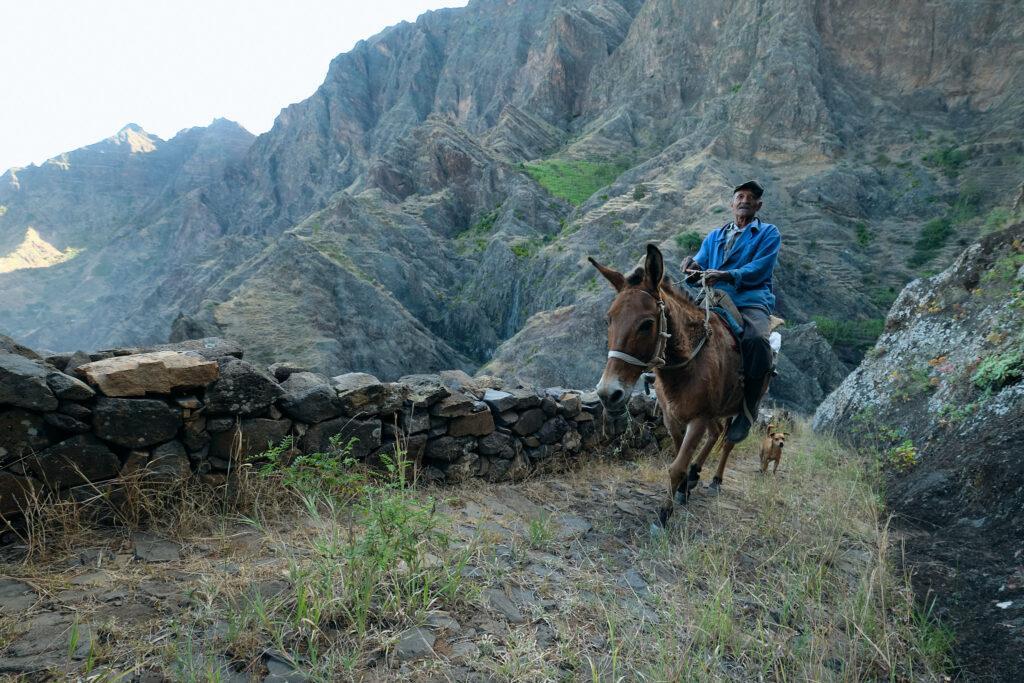
At one point we had to stop for a moment to let the farmer on a donkey with a dog by our side. The man seemed a bit curious, whispering "bon dia", or "good morning" in Portuguese.
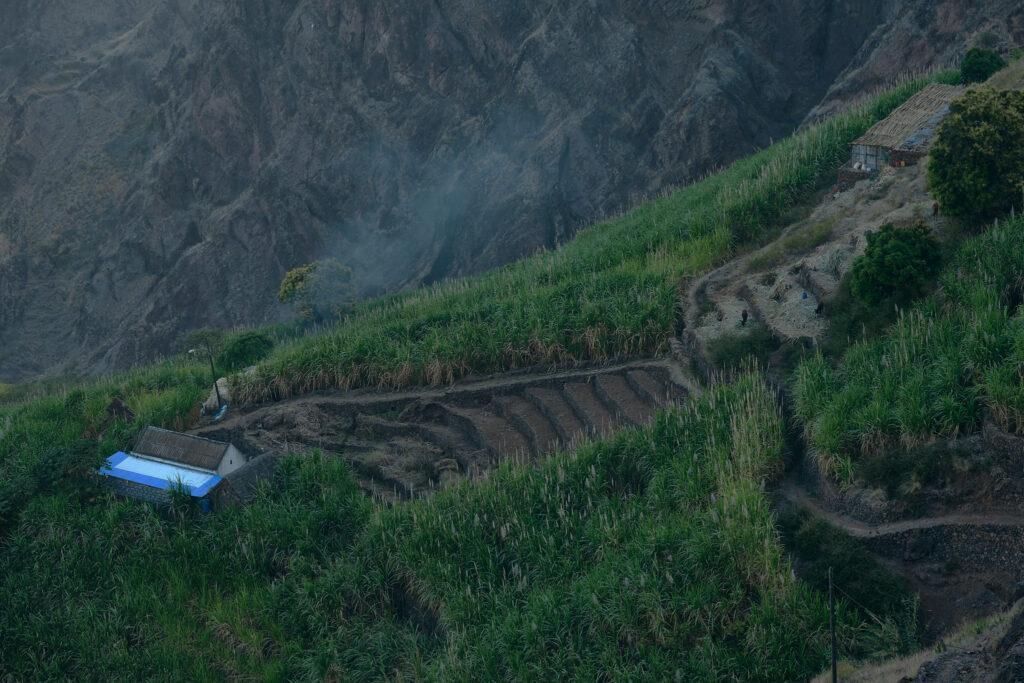
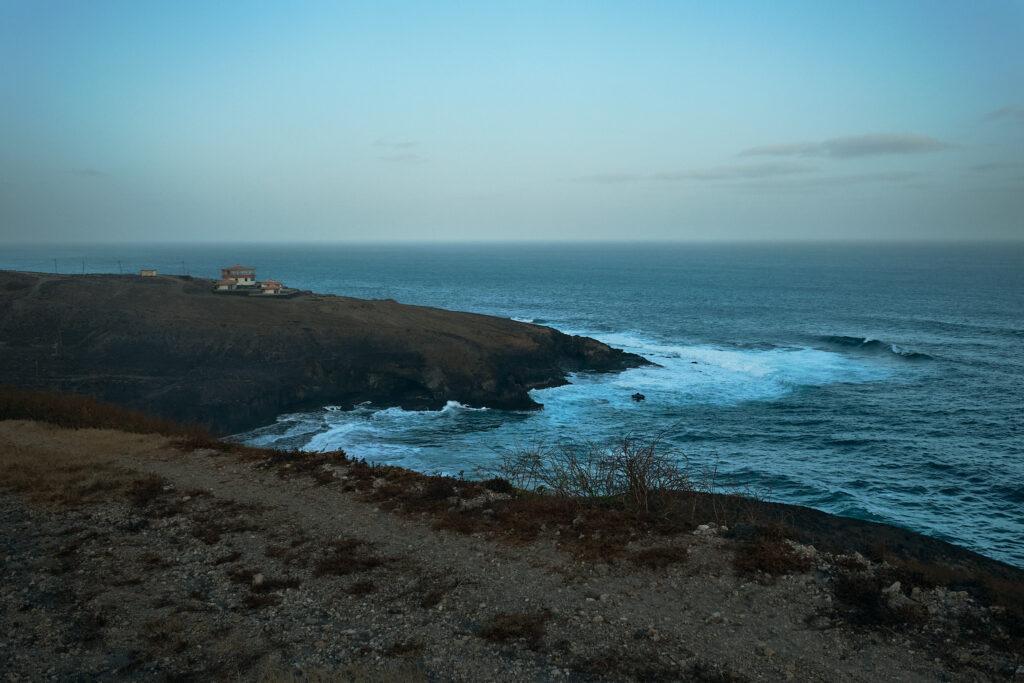
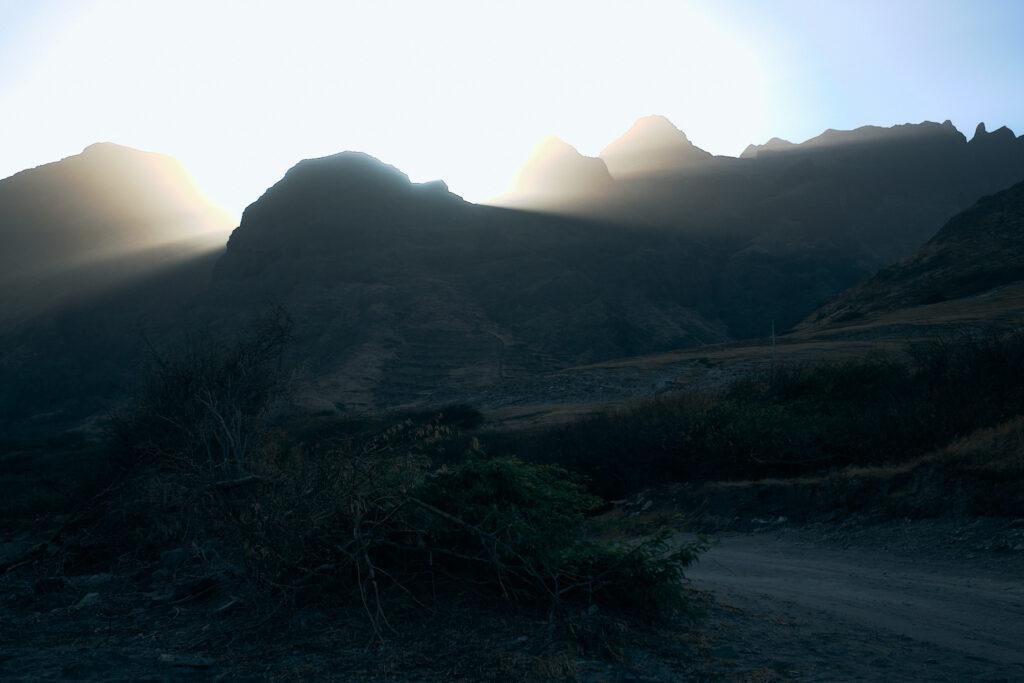
Having reached the northern part of the island, the wind wanted to blow off our heads again.
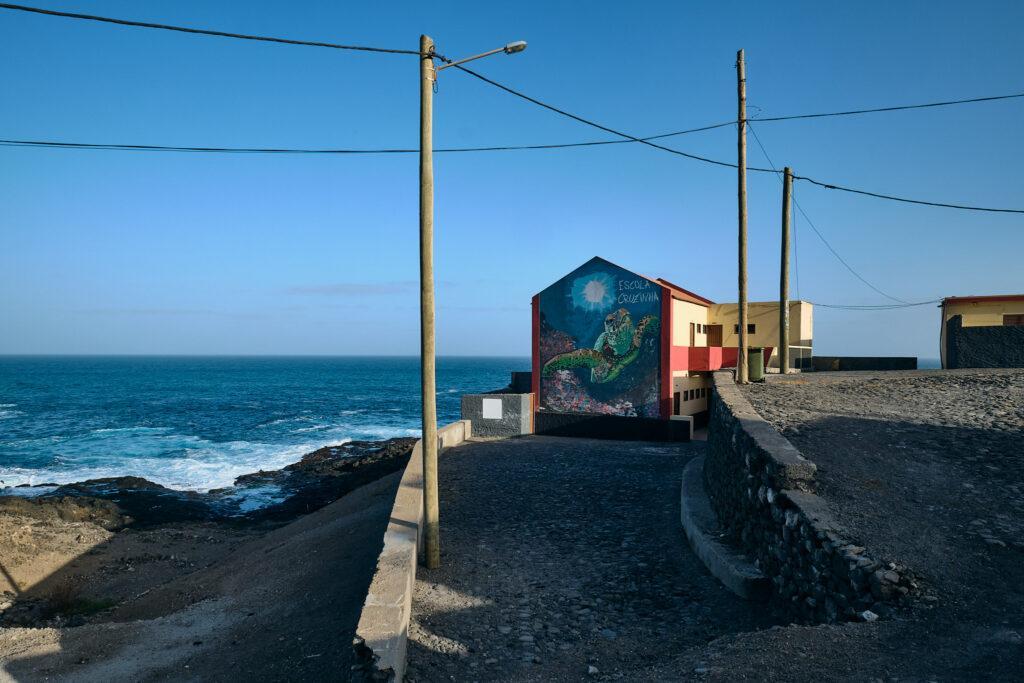
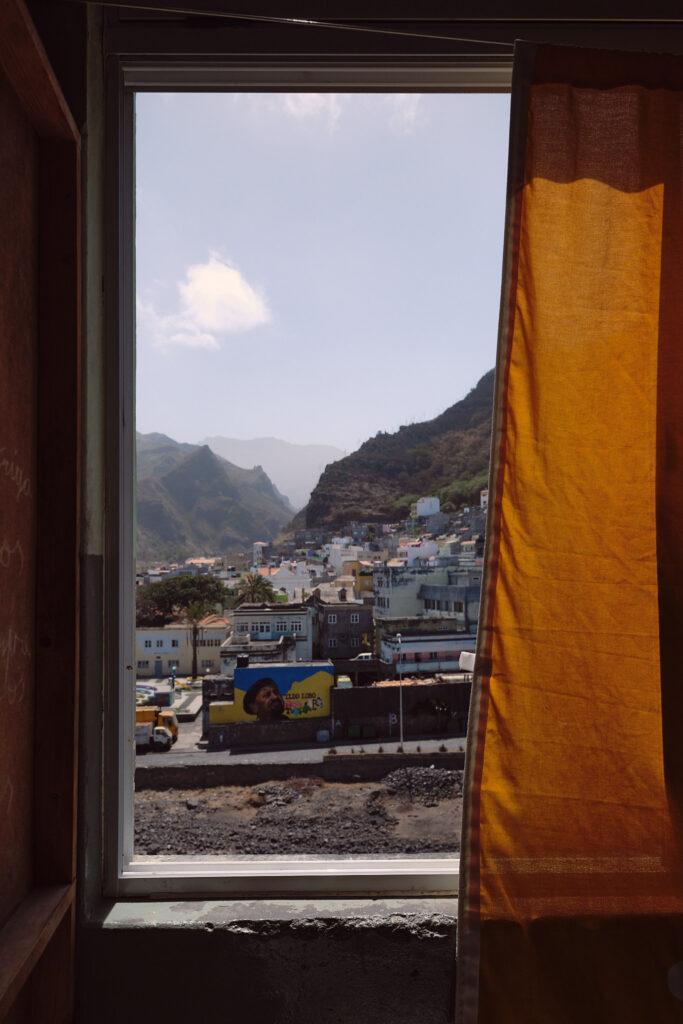
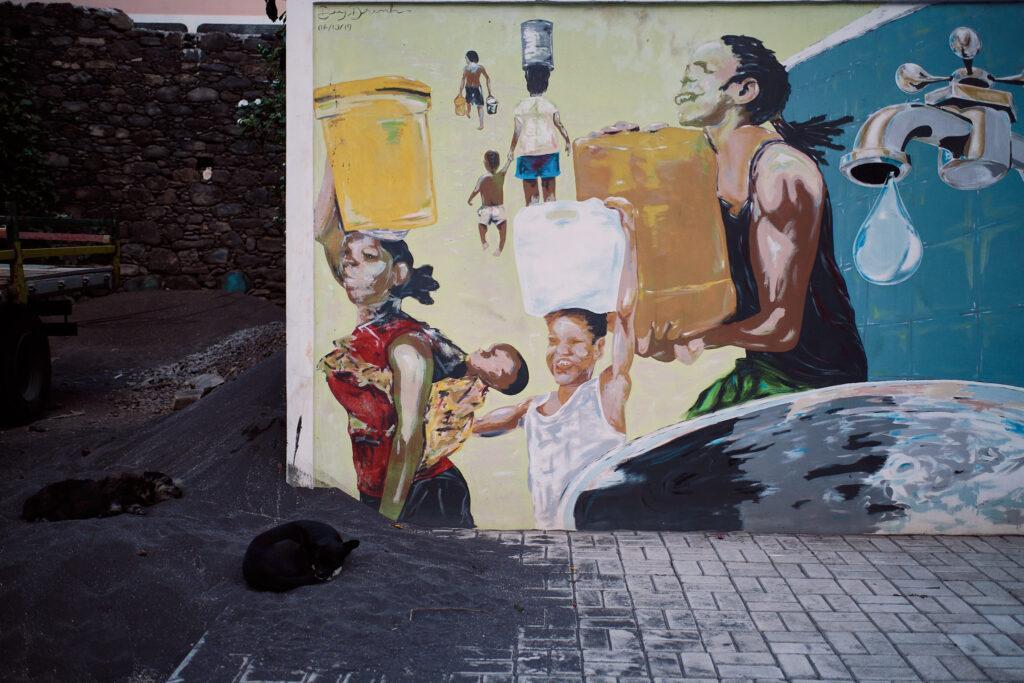
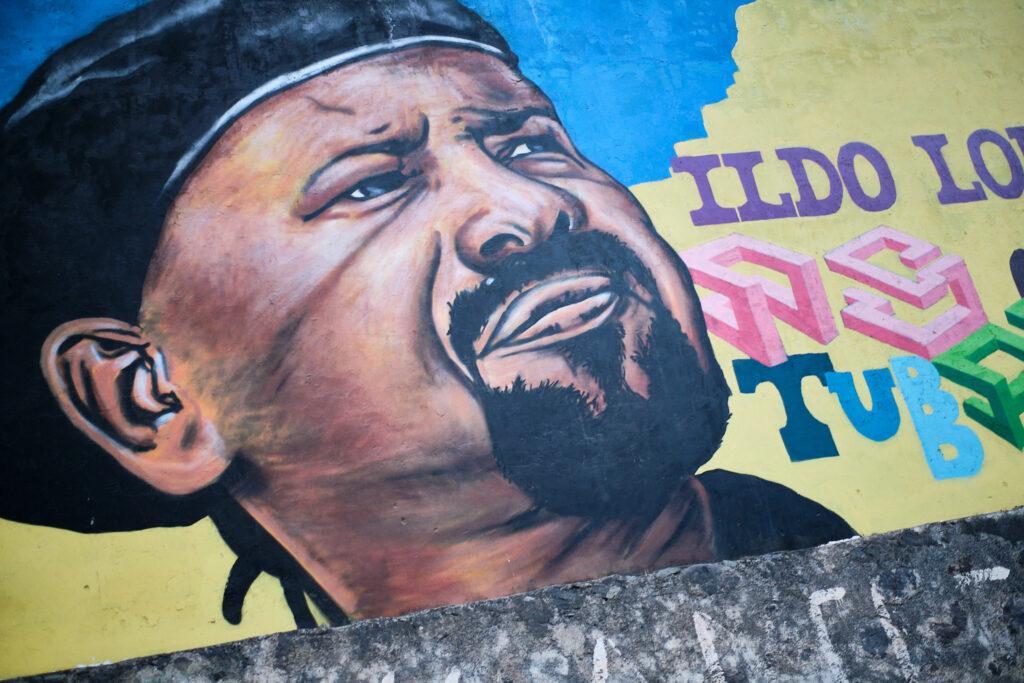
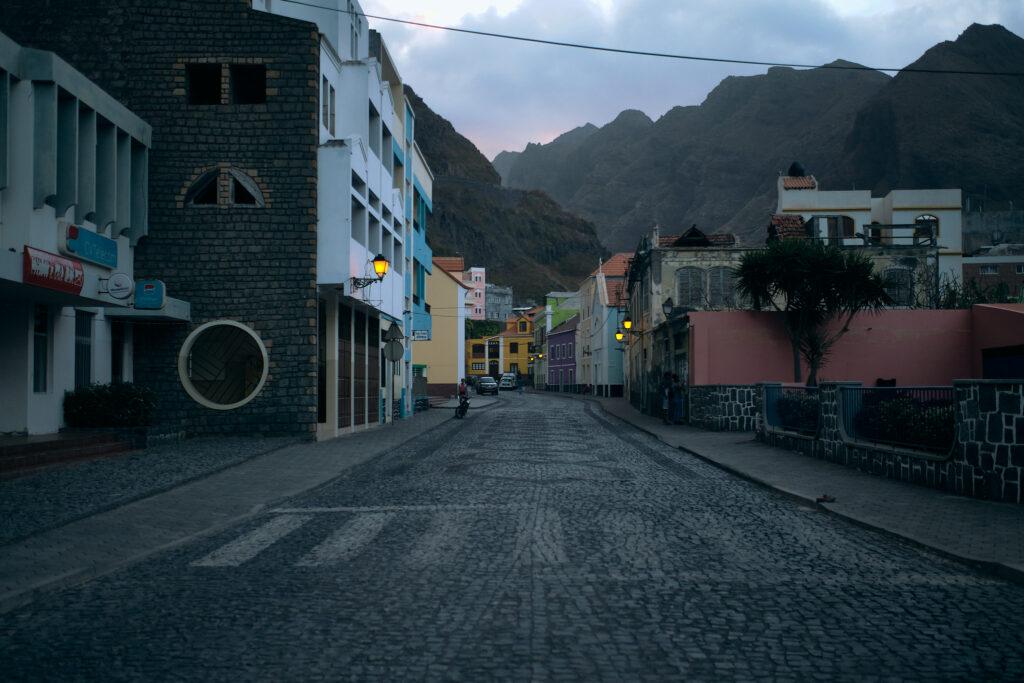
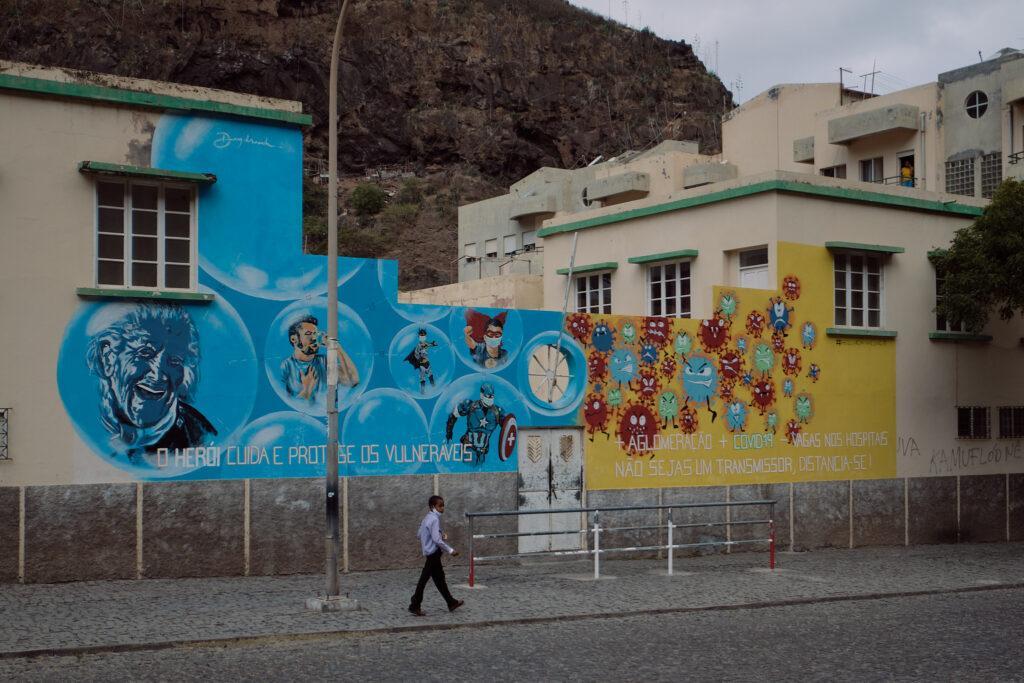
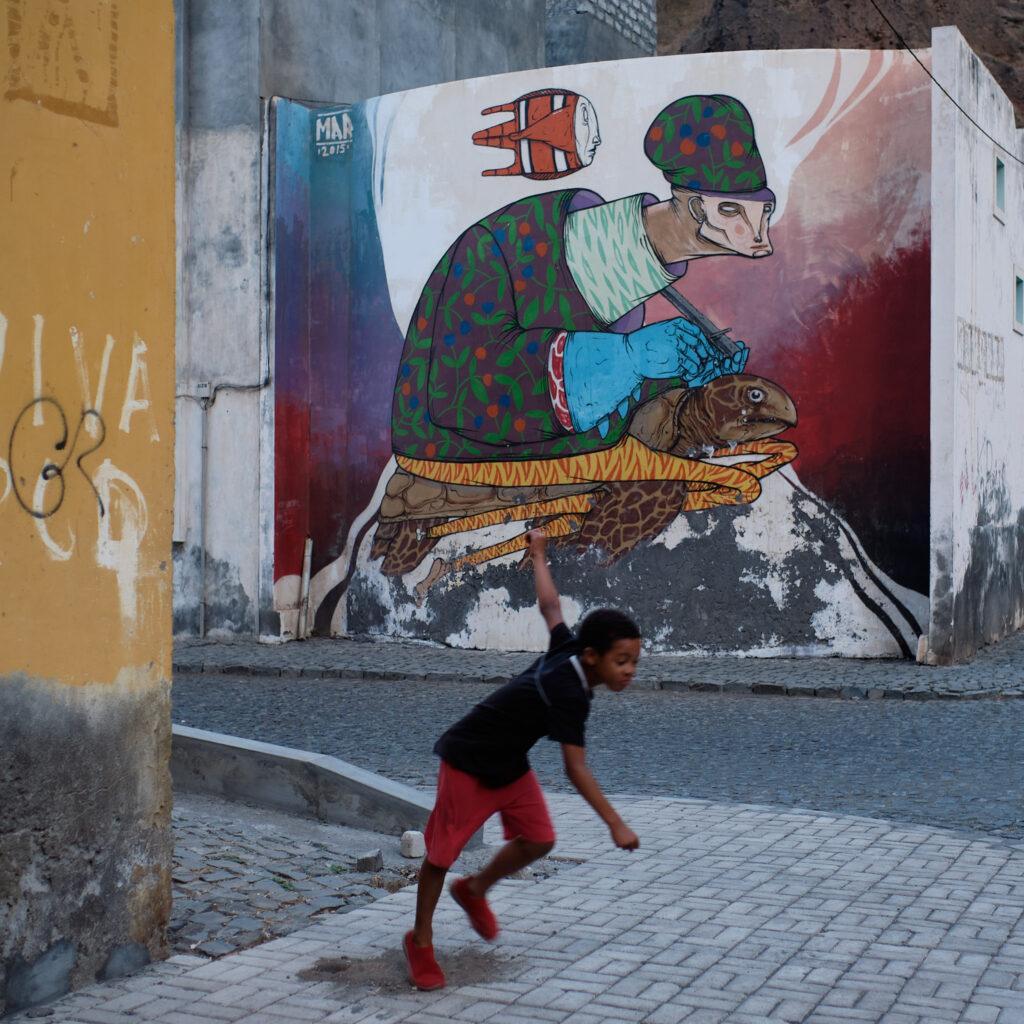
The city of Ribeira Grande is divided into three parts, one being the main street with a church and a few departing alleys. The other two are residential areas, one with a stadium and the other with a bakery.
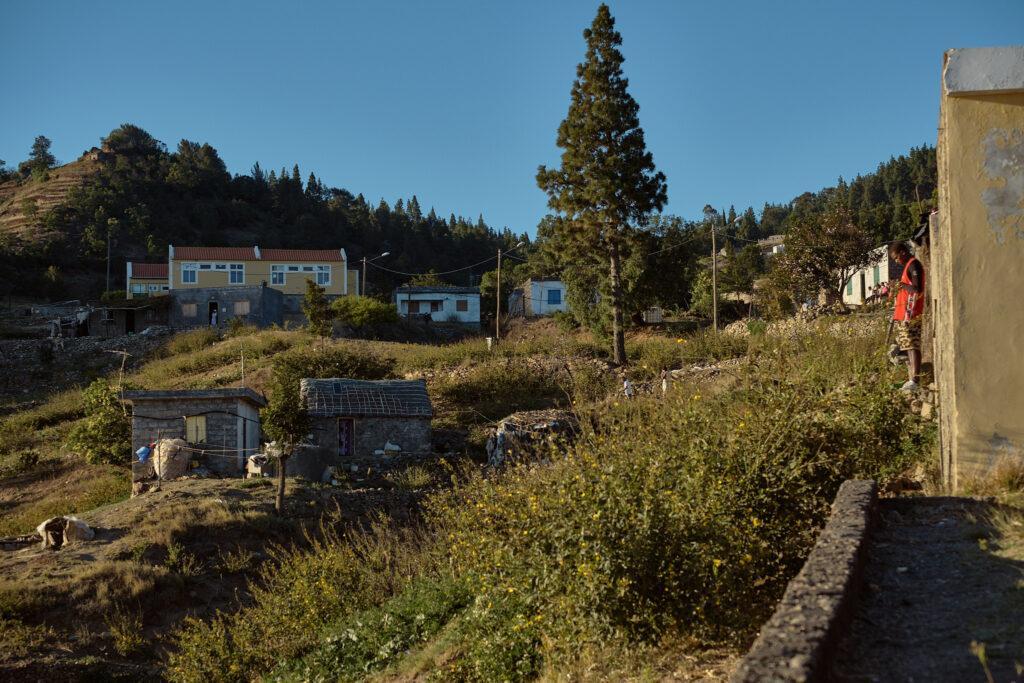
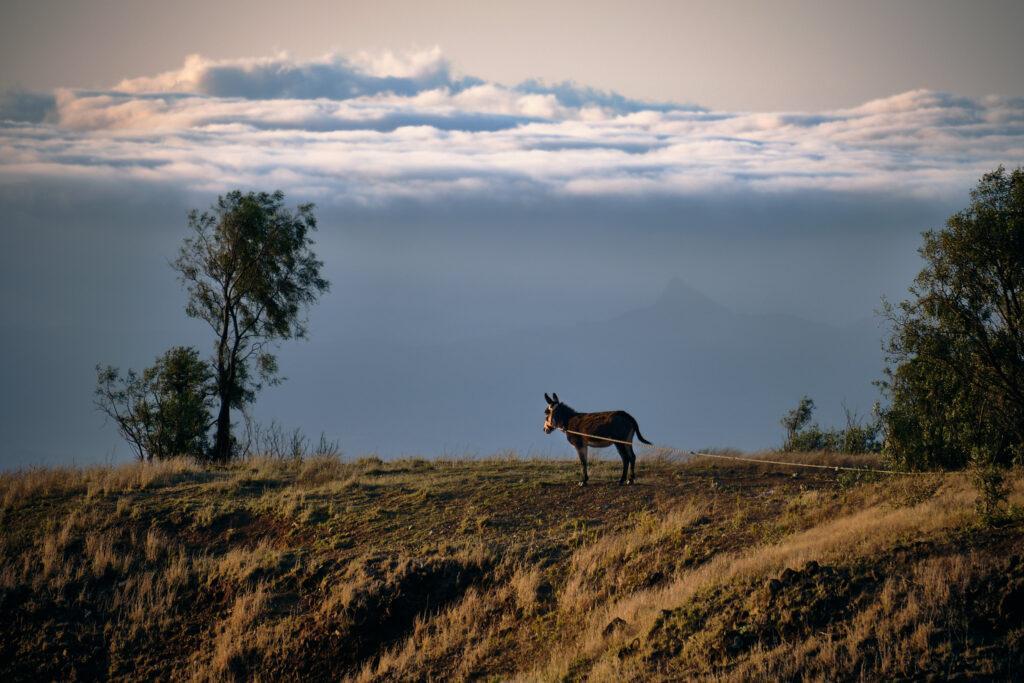
We spent one of the last nights in Santo Antao in a small village. Everyone in the countryside, with a lot of curiosity, watched Europeans trying to set up a tent next to the church. After many hours they let go because it got cold and dark.
On the way back to the city of Santo Antao, we passed a lonely donkey that occasionally roared without much sense.